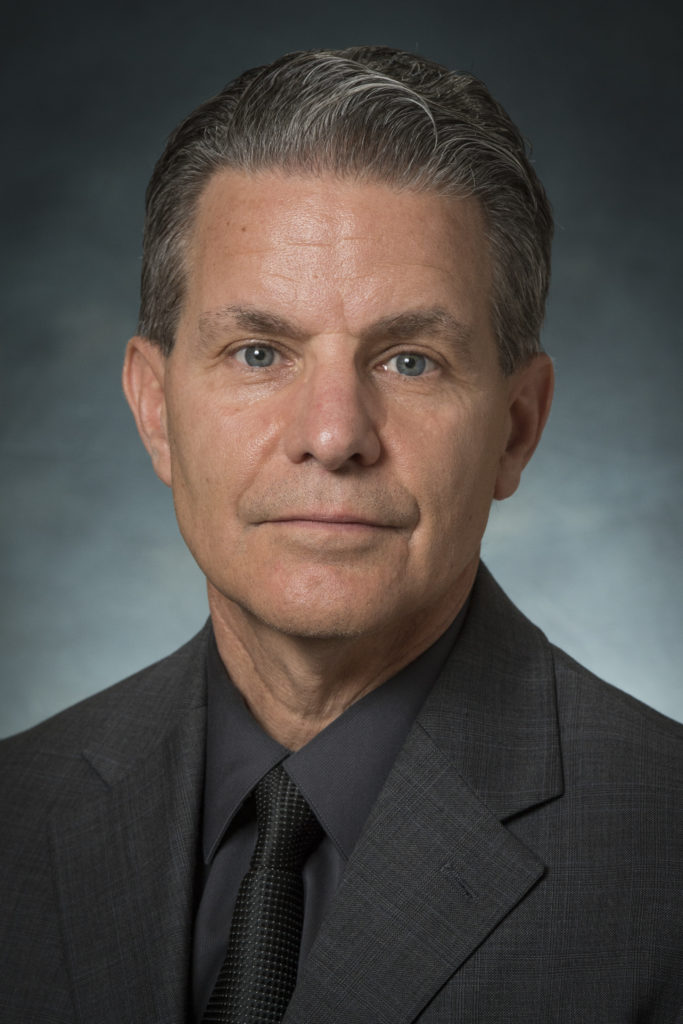By DAVID INTROCASO

After having worked in DC for sixteen years, in 2013 I created The Healthcare Policy Podcast. The title was in part intended to be sarcastic because healthcare policymaking in DC is very narrowly drawn. Consequently, healthcare delivery is excessively commodified, reductionistic and financialized or in sum anachronistic and ironically lacking purchase. If the policy objective was health, we’d be healthier. We’re not. For example, though anthropogenic warming poses the greatest threat to human health, we’ve no related healthcare policy.
Among more conventional issues, there is no serious policy discussion regarding HHS’s mission “to enhance . . . the well-being of all Americans. That we treat the disease not the person means we define health as simply the absence thereof. The same for excess deaths, comparatively declining life expectancy and compressing morbidity among Medicare beneficiaries who will soon exceed 20% of the population. As for children, HHS’s recent “Make Our Children Healthy Again” report expressed concern about children’s aerobic fitness but was silent about the prevalence of childhood sexual abuse despite Jeffrey Epstein and the Congress’s own serial child molester former House Speaker Dennis Hastert. Bizarrely, the AMA has yet to rescind Speaker Hastert’s 2006 Nathan Davis award for “outstanding contributions to the betterment of public health.” The HHS report was also silent about Medicaid reform even though the program provides healthcare for roughly half of US children. It is similarly remarkable how seldom if ever names like Arrow, Canguilhem, Farmer, Foucault, Illich, Marmot, Starfield and Virchow are discussed in healthcare policy circles.
Now after OBBBA cuts to the Medicaid and Medicare programs, 500 rounds fired into six CDC buildings, one killing a police officer, and seven months of HHS moral obliquity we are confronted with the reality that healthcare policymaking is now unambiguously on the road to nowhere. This may be because, having failed to appreciate Richard Hofstadter, Humphrey Building leadership is busy fomenting a new chapter in anti-intellectualism. We’re left to ask if healthcare enshittification has now been achieved possibly because healthcare policymakers have adopted Mark Manson’s “The Subtle Art of Not Giving a F*ck.”
The good news is the storm and stress about HHS no longer being fit for purpose could be effectively cured if the Congress, along with support from MedPAC, MACPAC and others, would work to free the department from politicization or partisan influence by redefining it as an independent agency. If policymakers exercised more imagination such a simple and obvious reform would have already received serious attention.
The idea of an independent HHS has at least been recognized. Roughly twenty years ago Dr. Arnold Relman, the esteemed former editor of The New England Journal of Medicine, argued healthcare be managed by a “National Health Care Agency” defined as a hybrid public-private entity like, he said, the Federal Reserve. Similarly, HHS would be governed by an independent board whose members would be nominated by the president and confirmed by the Senate for 14-year terms.
Continue reading…




 In his THCB essay, “
In his THCB essay, “








